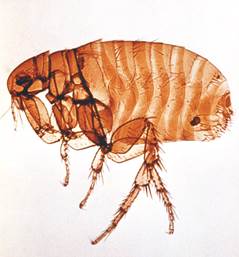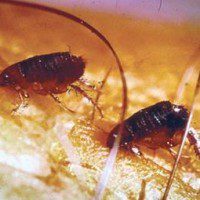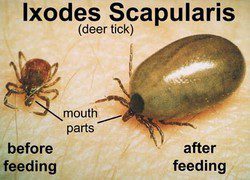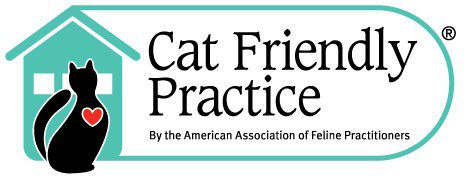
Up close and personal picture of an adult flea
Is your pet a meal ticket for fleas and ticks?
Pet owners are continually warned to protect their pets from fleas and ticks, let’s look at some basic facts about them and why we should protect our pets from them.
A flea will look at our pets and see a great big “Happy Meal” that they can feed off for several weeks causing harm internally and externally.

Feeding fleas
 A tick also has eyes on your pet for a meal. A tick is a classic example of using blood as energy. They use that energy to grow and mate and create 2000-18000 eggs. An average tick has at least three hosts before they lay those eggs. That gives them ample time to contract and pass on diseases that are not only harmful to your pet, but also to people. Ehrlichiosis, Lyme disease, Anaplasmosis, and Rocky Mountain Spotted Fever are just a few diseases passed on by attached ticks in as little as four hours.
A tick also has eyes on your pet for a meal. A tick is a classic example of using blood as energy. They use that energy to grow and mate and create 2000-18000 eggs. An average tick has at least three hosts before they lay those eggs. That gives them ample time to contract and pass on diseases that are not only harmful to your pet, but also to people. Ehrlichiosis, Lyme disease, Anaplasmosis, and Rocky Mountain Spotted Fever are just a few diseases passed on by attached ticks in as little as four hours.
So what can the pet owner do?
Protect your pet! Use a preventative flea and tick product! Frontline Plus®, a topical liquid, or NexGard®, a new chewable tablet, can be purchased anytime at Companions Animal Hospital. We also carry Revolution which works better for some pets. Check your pet daily during peak tick season or every couple of hours if camping or having spent time romping in the woods and tall grass, even if they have a preventive product on board. If fleas are found, treat and attack using products that will kill the adults as well as interrupt the cycle of life using insect growth regulators. Fix your “environment” to discourage these guests. Mow your lawn, remove piles of leaves or debris, vacuum your carpets and always remember that your veterinary team can answer any questions you may have.
There are a lot of myths out there about fleas, ticks, and preventing them from getting on to our pets. Here is one that is Myth “busted” by veterinarian Rick Marrinson, DVM.
Myth: Feed your pet raw garlic, garlic powder or garlic pills
Status: Busted! Not only is there no clinical evidence that garlic has any effect on fleas, it is a potentially hazardous substance to pets, particularly cats. Garlic is in the allium family, which includes onions, shallots, leeks and chives. In some animals, these plants can cause severe anemia. Lesser reactions could include upset stomach, vomiting and diarrhea.












